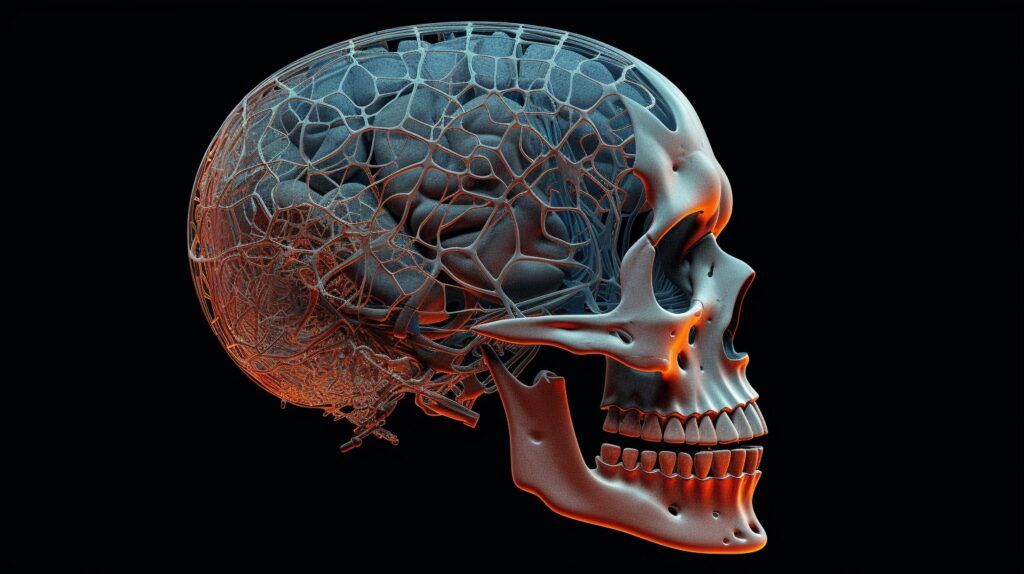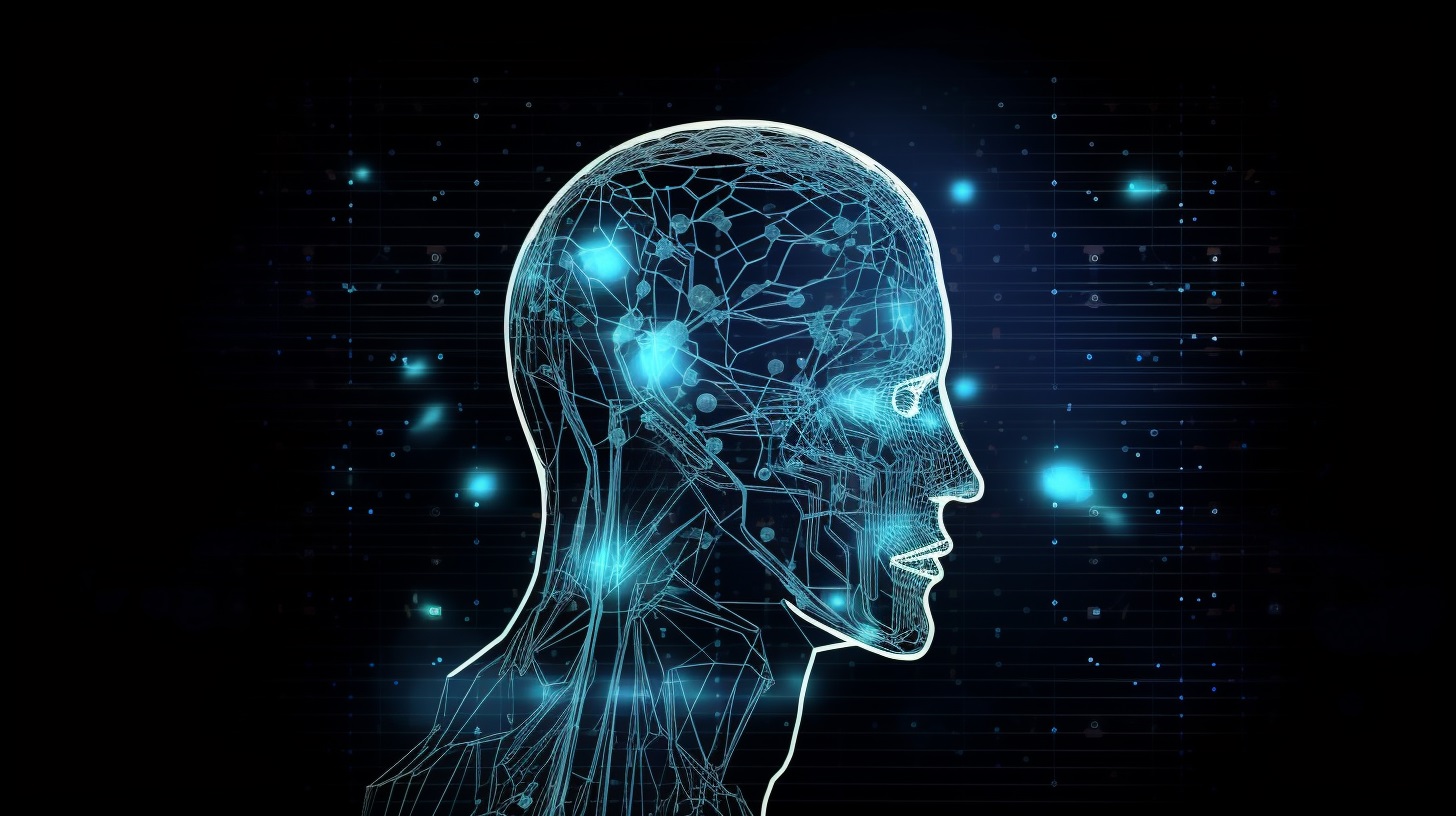The human brain, with its intricate network of neurons and synapses, has long been a subject of fascination for scientists and researchers. Its complexity and enigmatic nature have posed numerous challenges in our quest to fully understand its inner workings. Despite decades of dedicated scientific exploration, it is fair to say that we have yet to unlock all the mysteries of this remarkable organ. In this article, we will explore the reasons why science has struggled to unravel the secrets of the human brain.
Human Brain Complexity
The human brain is a marvel of complexity, consisting of billions of neurons interconnected in intricate patterns. Understanding the functions and interactions of these neurons is no small feat. The brain’s complexity makes it incredibly difficult to study and comprehend fully. While advancements in neuroimaging techniques, such as fMRI and EEG, have provided valuable insights, they only scratch the surface of the brain’s complexity. To truly unravel its mysteries, we need to delve deeper into the intricate workings of individual neurons and their connections.

Limitations of Technology
Another significant factor hindering our understanding of the human brain is the limitations of current technology. Although we have made significant strides in neuroimaging and brain mapping, our tools are still relatively crude compared to the brain’s intricacy. The resolution of imaging techniques is limited, making it challenging to capture the finer details of neuronal activity. Additionally, our ability to manipulate and observe individual neurons in real-time is still in its infancy. Advancements in technology will undoubtedly play a crucial role in bridging the gap between our current understanding and a more comprehensive comprehension of the brain.
Ethical Constraints
Ethical considerations present a unique challenge when it comes to studying the human brain. Unlike other organs, the brain is not easily accessible for direct observation or experimentation. Invasive procedures that could provide deeper insights into brain function are highly limited due to ethical concerns. Researchers must navigate a complex web of regulations and consent requirements when conducting studies involving human subjects. These constraints, while necessary to protect individuals, often limit the scope and scale of experiments that can be performed on the human brain.
Individual Variability of Human Brain
Each human brain is unique, both in its structure and function. The interplay of genetic and environmental factors shapes the development and organization of the brain, resulting in substantial individual variability. This variability poses a challenge when trying to generalize findings across different individuals. It makes it difficult to pinpoint universal principles that apply to all brains. Additionally, factors such as age, gender, and cultural background further contribute to the complexity of studying the brain. A more nuanced understanding of individual differences is crucial for unraveling the mysteries of the human brain.

Integration of Data
The study of the human brain involves a vast amount of data from various disciplines, including neuroscience, psychology, genetics, and more. Integrating and synthesizing this diverse range of data presents a significant challenge. Each field of study brings its own perspectives, methodologies, and terminologies. Bridging these disciplinary gaps and fostering collaboration is essential for making substantial progress in unraveling the complexities of the brain. The emergence of interdisciplinary research initiatives is a step in the right direction, but more concerted efforts are needed to overcome the barriers that hinder comprehensive integration of brain research.
Conclusion
While science has made significant strides in understanding the human brain, it is clear that we still have a long way to go. The vast complexity of the brain, limitations of current technology, ethical constraints, individual variability, and the need for data integration all contribute to the challenges faced by researchers. However, the quest to unravel the mysteries of the human brain continues, driven by the fascination and the potential for transformative discoveries. As technology advances and interdisciplinary collaborations flourish, we can remain hopeful that future generations will inch closer to unlocking



















